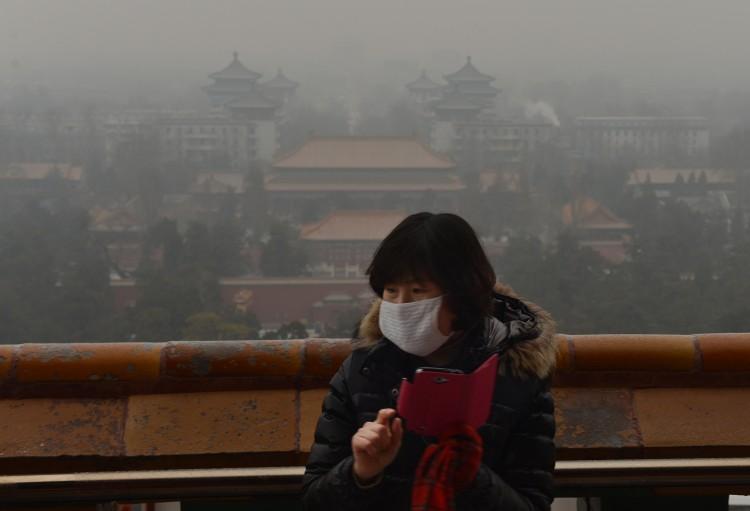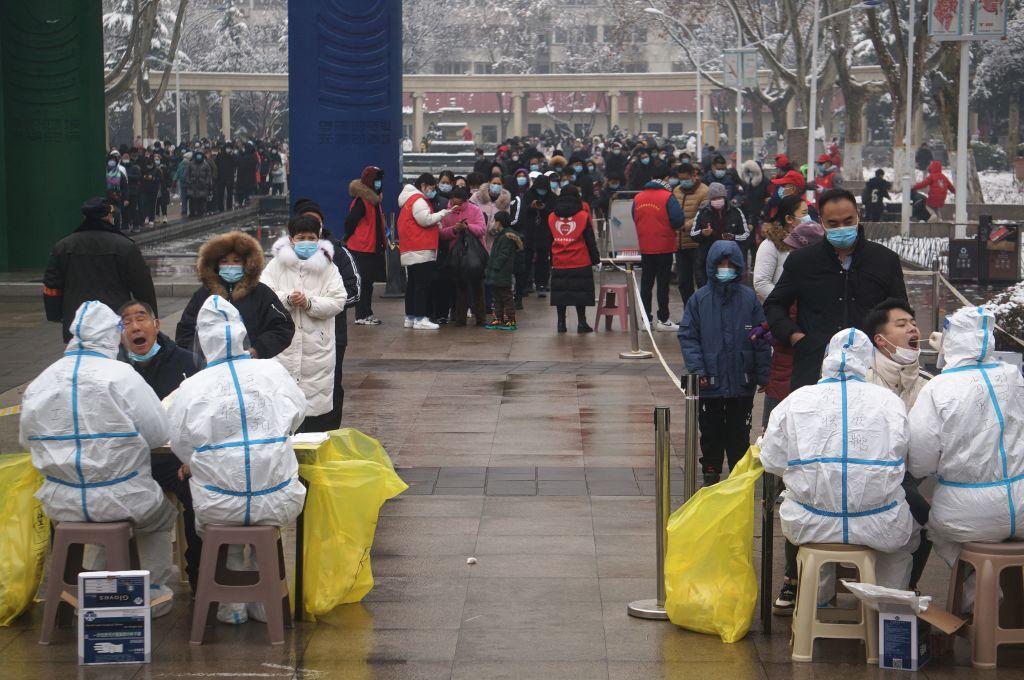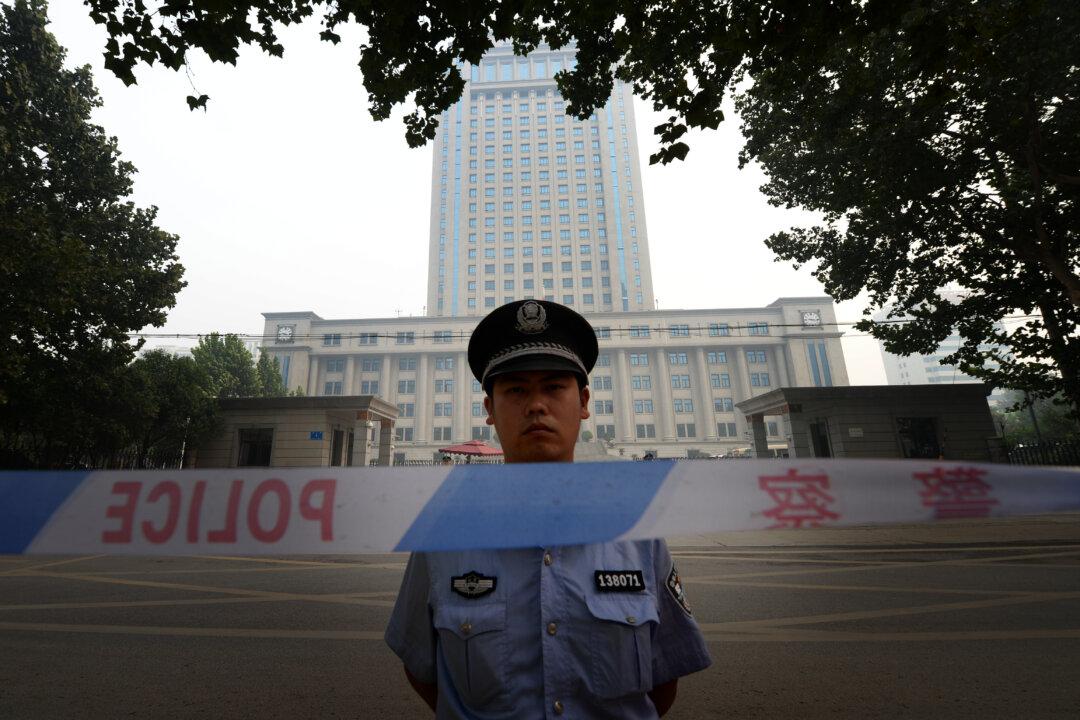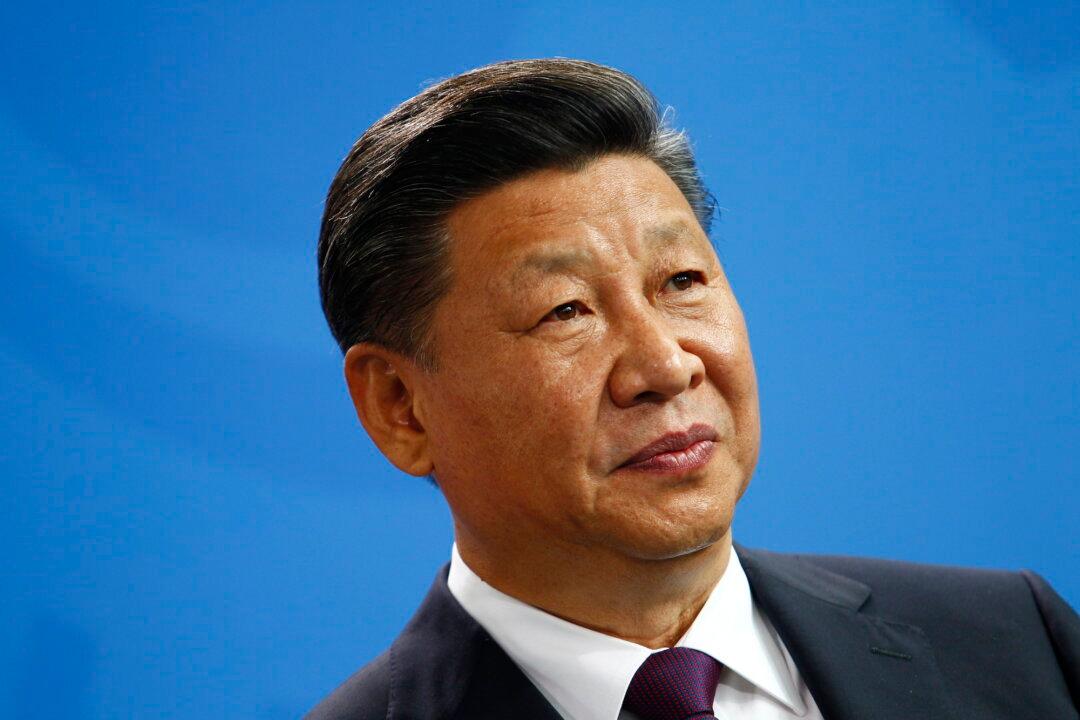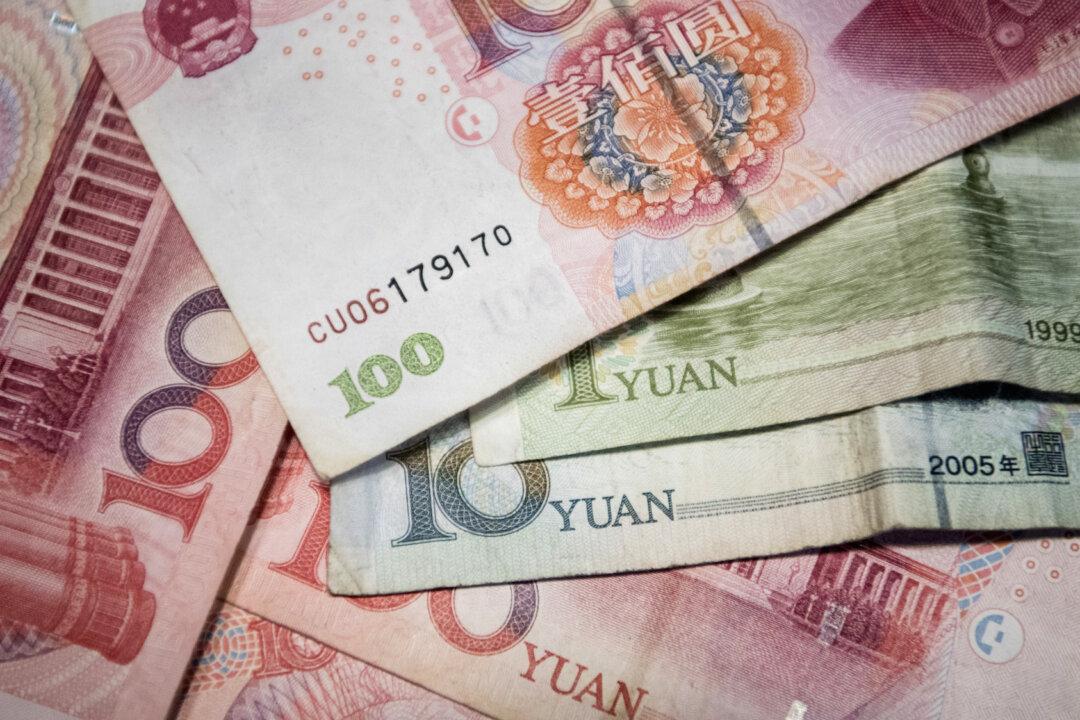Beijing is sick, according to a new report. The city itself and a nearby coastal city of Tianjin, as well as the surrounding area of Hebei Province, are chronically overpopulated with severely strained infrastructure, the report says.
The March 19 document, produced by the Chinese Academy of Science, Capital University of Economics and Business, and Beijing Commission of Development and Reform, even makes the bold suggestion that the capital should be moved to some other city, to take the pressure off. The report was identified as a Blue Book, denoting its official provenance, and was titled “Beijing-Tianjin-Hebei Development Report (2013) – Carrying-capacity Measures and Countermeasures.”
The report’s conclusions were arrived at by looking at available water resources, pollution levels, and public transportation. The report said that Beijing was in a state of emergency, while Tianjin was at a “warning level.”
If the problems identified in the report were resolved, the area could support a population of between 86 and 98 million by 2015. But in 2010, the population in the area was already 104 million. That’s estimated to reach 112 million by 2015, and 120 million by 2020.
Water is a big problem. Beijing had only 119 cubic meters of water resources per capita in 2011, while less than 1,000 cubic meters is considered a water shortage by international standards.
The Chinese regime’s mouthpiece, Xinhua, acknowledged in 2011 that Beijing is one of several major cities with severe water shortages.
The World Health Organization (WHO) listed Beijing as the world’s third most-polluted city in 1999. A 2006 report by the Asia Development Bank said Beijing’s air pollution index was five to seven times higher than the safety level defined by WHO, and lung cancer is already the city’s number one killer, according to the Beijing Municipal Health Bureau.
Professor Hu Xingdou at Beijing’s Institute of Technology suggested in 2007 that China should move its capital to take the pressure off Beijing.
Hu said this would alleviate the pressures in northern China, and lower the cost of living and housing in Beijing.
An article published on China’s Institute of Rural Comprehensive Reform’s website on Jan. 9 claimed that Xinyang in Henan Province is being investigated as the potential site for China’s new capital from 2016.
More than 160 officials from about 20 government departments went to Xinyang on July 28 last year to conduct a survey for the 28th time, with representatives from the National Commission of Development and Reform, National City Planning Bureau, and Environmental Protection Ministry, the article said. The idea that the Party will really move the capital, though, has not taken off.
Translation by Hsin-Yi Lin. Written in English by Cassie Ryan.
Read the original Chinese article.
